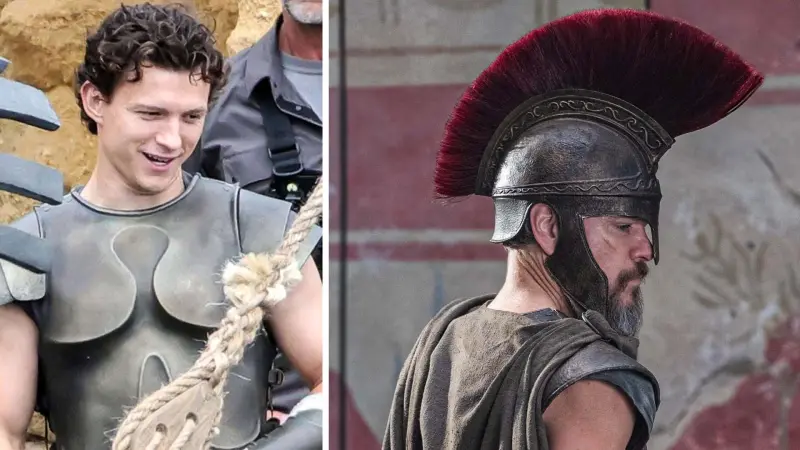In an extraordinary underwater discovery off the coast of Sardinia, Italy, a diver's keen eye led to the unearthing of a trove of over 30,000 ancient bronze coins, possibly dating back to a 4th-century shipwreck. The find, hailed as "exceptional" by Italy's culture ministry, has ignited excitement among archaeologists and historians alike.
The journey to this historic discovery began when a diver, exploring the depths not far from Sardinia's coast, noticed a glint of something metallic beneath the sea grass. Swiftly alerting authorities, a team of divers from the art protection squad, alongside experts from the ministry's underwater archaeology department, embarked on a mission to uncover the secrets hidden beneath the waves.
The ministry, eager to share the magnitude of the find, posted images and videos showcasing the ancient coins resting on the seabed. Dated from the first half of the fourth century, the coins were found in remarkable condition, nestled in the sea grass near the northeast shore of the Mediterranean island. Officials revealed that the presence of coinage from Constantine the Great firmly established the treasure's age, placing it between 324 and 340 AD.
The sheer scale of the discovery is still being assessed, with estimates ranging from 30,000 to a staggering 50,000 coins, their collective weight contributing to the mystery that surrounds them. What sets this trove apart is the impeccable preservation of the coins. Even those that suffered some damage retained legible inscriptions, a testament to the extraordinary state of preservation in which they were found.
A picture made available by the Italian Culture Minister showing some of the discovered ancient bronze coins.
A video shared by the ministry captured divers using metal detectors to uncover coins, some partially buried in the sand, unveiling the rich history hidden beneath the waves. Luigi La Rocca, an official from the Sardinian archaeology department, expressed the significance of the find, stating that the underwater treasure is "one of the most important coin discoveries" in recent years. He emphasized that this remarkable find adds to the growing evidence of the richness and importance of the archaeological heritage concealed beneath the seabeds of our oceans, where traces of ancient civilizations still endure.
The collaboration between firefighter divers and border police divers played a crucial role in locating and retrieving the coins scattered across a wide area of sand between the underwater seagrass and the beach. The ministry suggests that, given the location and shape of the seabed, remnants of ship wreckage may lie nearby, promising further insights into the historical context of the find.
Remarkably, this discovery comes hot on the heels of the announcement of Roman coins, dating to a similar period, being found in Wales. The synchronicity of these findings raises questions about the interconnected maritime routes and trade networks that linked ancient civilizations.
As archaeologists continue to sift through and study the coins, the underwater trove promises to unlock new chapters in the history of the Mediterranean region. The unearthing of these ancient artifacts stands as a testament to the enduring allure of the sea, concealing secrets from the most ancient epochs that continue to captivate our imagination and deepen our understanding of the past.








